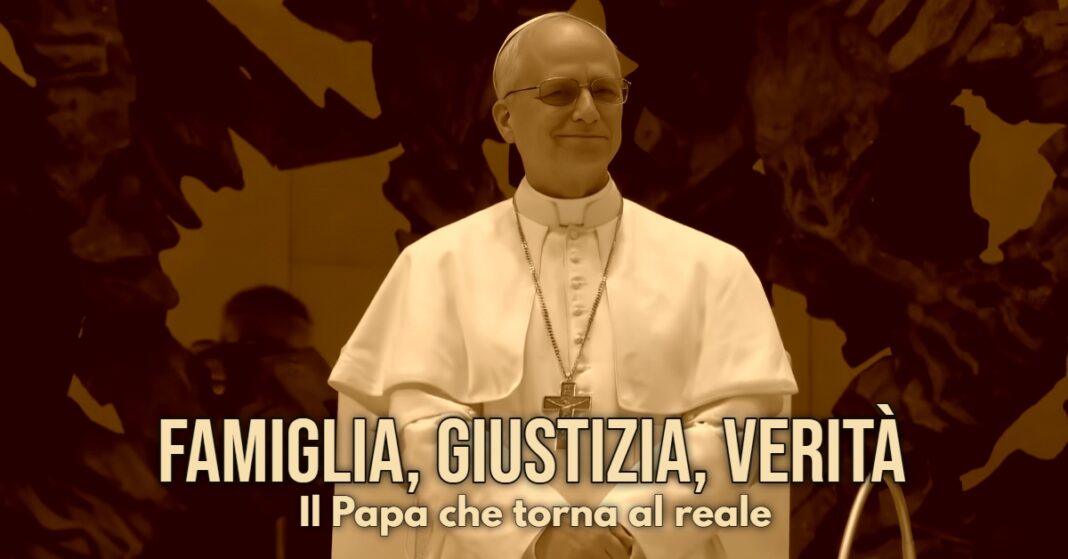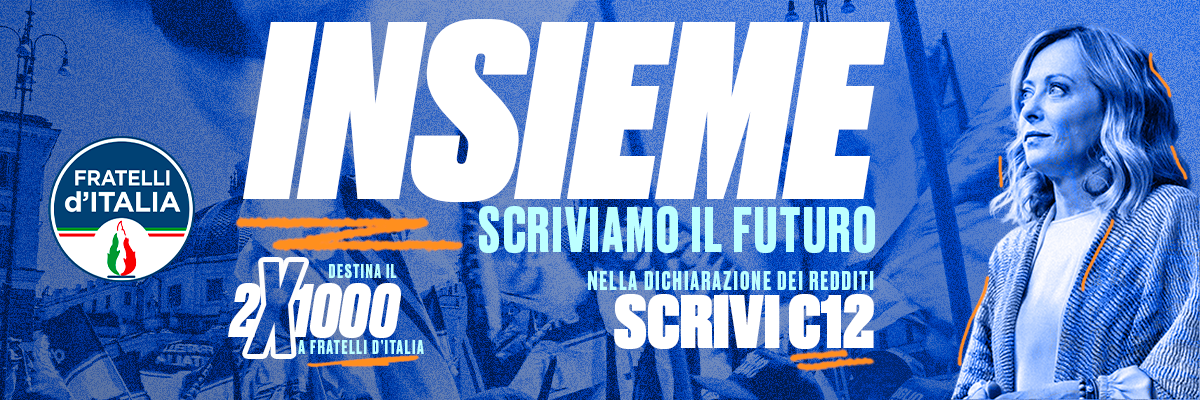In his first address to the Diplomatic Corps accredited to the Holy See, Pope Leo XIV wished to clearly indicate the cornerstones of his own vision of papal diplomacy and, more generally, of the Church’s public mission. Among these, the word ‘family’ resonates with ancient and at the same time urgent force. At a time when equivocation has become the rhetorical and political hallmark of the Western world, the Pope chooses clarity. And clarity, today, is an act of courage.
The family, says Leo XIV, is ‘founded on the stable union between a man and a woman’. Full stop. Not a polemical addition, not a concession to the current cultural debate. But an essential, anthropological, non-negotiable definition. A definition that – as the Social Doctrine of the Church has been teaching for centuries – precedes the State and any normative architecture: it is ‘small but true society, prior to any civil society’, as Leo XIII stated in Rerum Novarum.
The family beyond ideology
There is one striking fact about this approach: it is not a ‘defence’ of the traditional family, but a recognition of reality. The Pope does not contrast a Catholic vision with alternative visions; he does not enter into the merits of new forms of cohabitation promoted by civil legislation or supranational agendas. He does not need to. For it is not a matter of conflicting views, but of divergent ontologies.
The Pontiff does not defend a cultural model: he affirms an anthropological principle. And in this he fits into the deep furrow of the Christian and natural law tradition. Reaffirming that the family is a natural and pre-political right does not mean taking a conservative position, but rejecting the idea that human identity is decided by power, be it legal, technological or media.
Political priority: investing in the family
In the heart of the speech dedicated to justice, Leo XIV formulates a clear exhortation: ‘We must invest in the family’. Here the doctrine becomes a concrete proposal, almost a political programme. The Pope calls on rulers – believers or not – to recognise the social and economic value of the family, to support it not as a confessional privilege but as a natural infrastructure of the common good.
It is a message that breaks through the ideological indifference of Western bureaucracies and challenges Europe in particular, where the demographic winter is advancing unstoppably and the erosion of the birth rate coincides with the crisis of civilisation.
The Church’s role in the new global scenario
This vision also takes on a geopolitical significance. At a time when the large supranational organisations (UN, EU, international agencies) are actively promoting a liquid and changing anthropology, the Holy See reaffirms its difference as a service to mankind. Not to impose itself, but to witness. Not to legislate, but to guard what is essential.
Here, then, the Church stands, once again, not as a political power but as a symbolic power. As a foreign body to every induced anthropological mutation, and at the same time as a vigilant and prophetic conscience in the face of humanity that risks forgetting itself.
A challenge for the right and the conservatives
The message of Leo XIV is also a call to cultural coherence for those movements, parties and thinkers who call themselves conservative or patriotic. Defending the family cannot be an occasional banner or a talk show theme. It must once again become the backbone of a vision of man and society. It means fighting for pro-birth tax policies, for family-friendly welfare, for a school that does not lose the very concept of human nature.
The Church does not dictate programmes, but offers coordinates. And today, with Leo XIV, they become clear again. Family, justice, truth. It is on these three pillars that the future of civilisation is played out.



